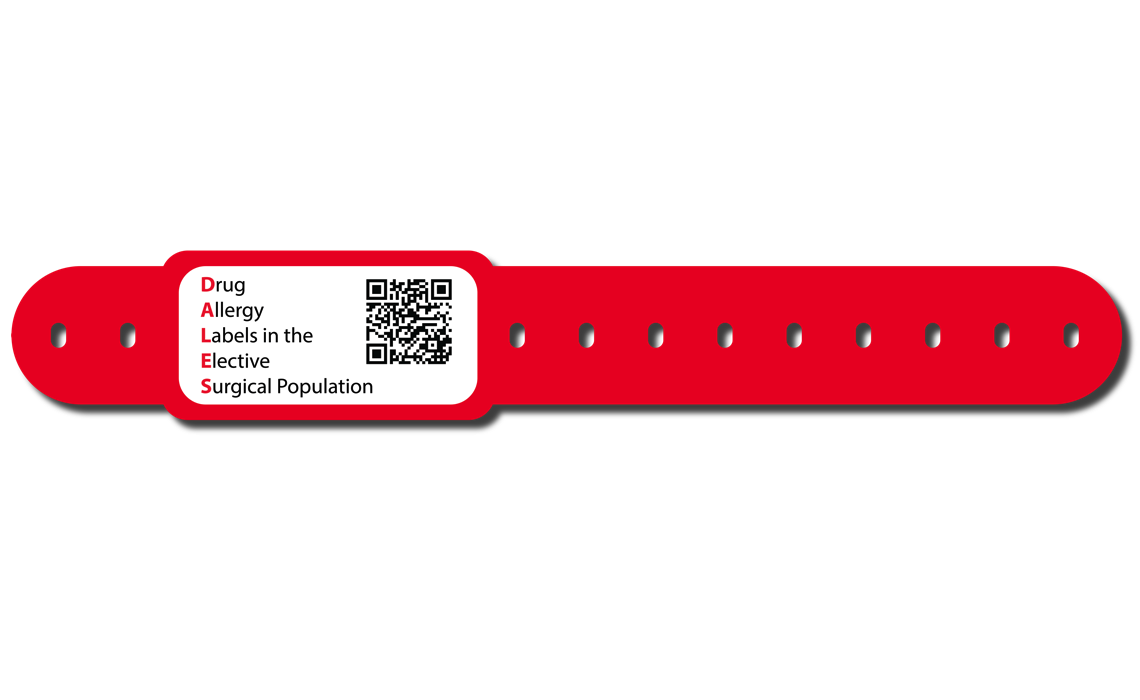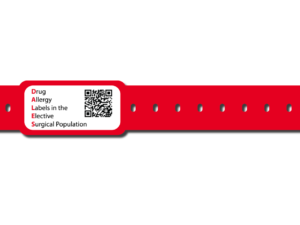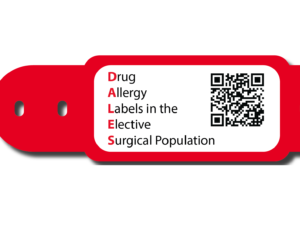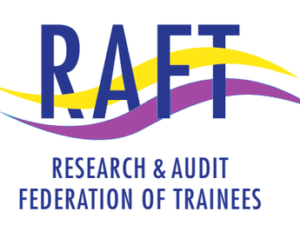The 3rd RAFT national collaborative project involving all networks is DALES, Drug Allergy Label in the Elective Surgical population. DALES is a three-day study commencing end of 2017 comprising patient survey, anaesthetist survey and patient follow up on the day. There is no extended follow up data collection period.
DALES is designed to evaluate the prevalence of patient-reported and documented allergy to drugs relevant to anaesthesia and to learn more about anaesthetists? knowledge and attitudes to allergy. It does not cover the same ground as NAP-6. The protocol, patient and anaesthetist surveys will be circulated to all trainee research networks in the next few weeks. To make this project a success, the steering committee invite and encourage you to engage at this stage with comments, queries and suggestions.
Background
Many patients report drug allergies during their pre-operative anaesthetic assessment. The nature of these reactions are interpreted by the anaesthetist on the day of surgery which in turn influences pharmacological management during the perioperative period. Details of such reactions are often not well documented in the patient notes, incorrect drug allergy labels can also be harmful.
One such example of a potentially harmful drug allergy label is penicillin allergy. This label is the commonest of all drug allergy labels on admission to hospital but is often incorrect, with less than 1:10 patients demonstrating allergy when tested. A penicillin allergy label leads to the use of alternative antibiotics for surgical prophylaxis or treatment; these alternatives tend to be broader spectrum, more toxic, and more expensive. The allergy label is consistently associated with increased length of stay, increased rates of ?superbugs? such as MRSA and increased rates of readmission to hospital.
The Study
DALES is designed to evaluate the prevalence of patient-reported and documented allergy to drugs relevant to anaesthesia and to learn more about anaesthetists? knowledge and attitudes to allergy. It does not cover the same ground as NAP6.
The study takes the form of questionnaires / interviews for quantitative analysis. This is a cross sectional, observational and descriptive study design:
Patient Questionnaire
- This will occur across the country in multiple sites over 3 days within a 6-week study window
- When patients attend hospital for planned surgery they will be consented for a questionnaire about their allergies
- Baseline data will be collected from all patients attending for elective surgery, regardless of allergy status
- Data will be collected electronically at the bedside using the REDCap system and securely stored
Targeted Patient Follow-Up
- Patients who report allergy to B-lactams or opioids will be followed up post-op if they are due to receive these drugs
- An investigator will review the anaesthetic and drug charts and note how the drug allergy was documented and what was given
- Any changes to the documentation of allergy will be recorded
- It will be recorded whether any episode of unexpected patient instability took place in the peri-operative period
Anaesthetist Survey
- All anaesthetists and prescribing anaesthetic practitioners working during the study period will be invited to take part in a survey about attitudes to drug allergy labels in the elective perioperative setting
The final protocol, patient and anaesthetist surveys will be circulated to all Trainee Research Networks over the coming weeks.




